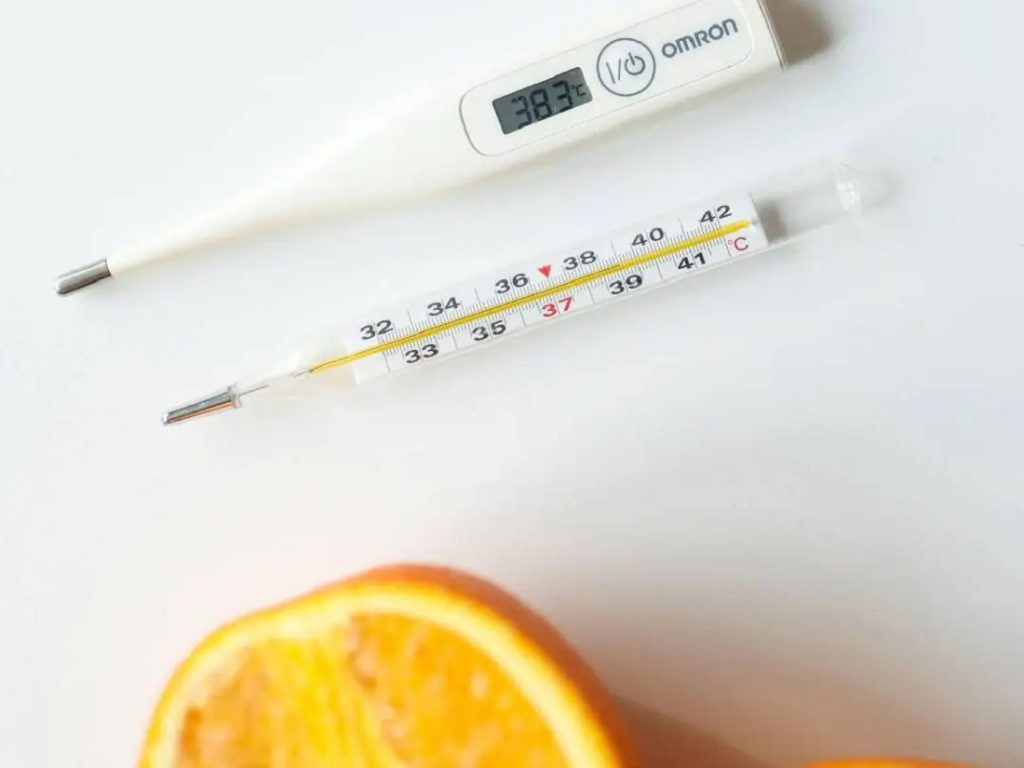The Role of Halal in America’s Food Safety System
How Halal practices reduce contamination, improve hygiene, and build trust in America’s food system.

Foodborne illnesses remain a major public health challenge in the United States, with the CDC estimating millions of cases each year caused by pathogens such as Salmonella, E. coli, and Listeria. Contaminated meat, poultry, dairy, and produce often result from poor handling, cross-contamination, or insufficient sanitation. These outbreaks not only pose serious health risks but also cost the U.S. economy over $15 billion annually in medical care and lost productivity.
Why Halal Matters in Food Safety
Halal, which means permissible in Arabic, is more than a dietary guideline—it is a food system rooted in hygiene, ethical sourcing, and quality control. For Muslims, it ensures faith-based compliance, but its benefits extend to all consumers. Halal standards address many of the very causes behind foodborne illnesses.
-
Hygiene First: Halal facilities maintain strict sanitation, segregation of products, and dedicated equipment to prevent cross-contamination.
-
Humane Slaughter & Quality Meat: The dhabiha method ensures animals are healthy and blood is fully drained, reducing bacterial growth.
-
Traceability & Certification: Certification bodies like IFANCA enforce audits and supply-chain transparency, making recalls and safety checks faster.
-
Ethical Standards: Halal discourages excessive antibiotic use and promotes natural diets for animals, reducing risks of contamination and resistant bacteria.

Tackling Foodborne Illnesses Through Halal
The Halal approach directly reduces risks tied to contamination, improper storage, and inadequate sanitation. Studies show Halal-certified facilities often record lower contamination rates compared to conventional plants. For example, Halal dairy producers consistently meet higher safety standards by enforcing temperature control and continuous hygiene audits.
Challenges and Opportunities
While Halal practices are highly effective, challenges remain—such as the lack of unified certification standards in the U.S. and higher costs for small businesses. Yet, growing demand from Muslims and non-Muslims alike is driving wider adoption. Education, technology (like blockchain for traceability), and supportive policies could help scale Halal practices across the industry.
Final Thoughts
Halal food is more than a religious requirement—it’s a blueprint for food safety. By emphasizing hygiene, ethical sourcing, and transparency, Halal offers practical solutions to America’s foodborne illness crisis. For consumers, it means safer and healthier meals. For producers, it’s both a moral commitment and a smart business strategy in a $2 trillion global Halal market.



